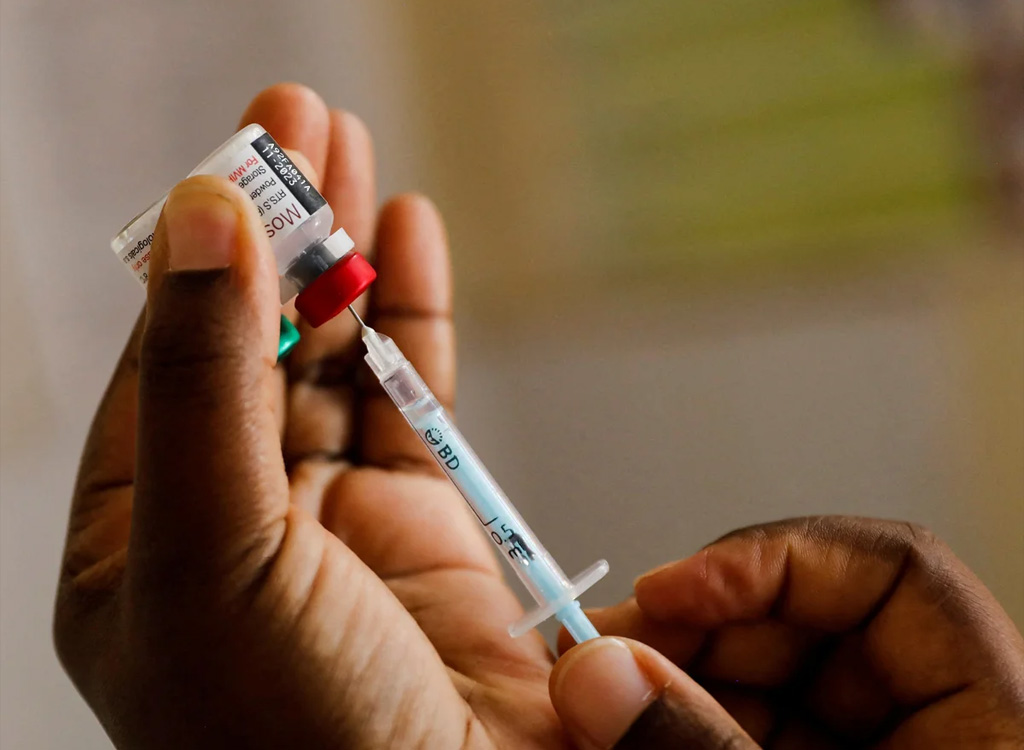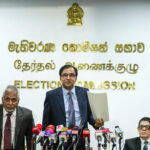Control of the deadly infectious diseases HIV, tuberculosis and malaria “hangs in the balance” after a shortfall in donations to a leading global health fund, advocates have warned.
Only $11.3bn of the Global Fund to Fight Aids, TB and Malaria’s $18bn (£14bn) targeted budget for 2026 to 2028 has been confirmed so far.
Leading past donors, including France, Japan and the European Commission, failed to offer specific amounts at a pledging summit on the fringes of the G20 in South Africa.
The US promised up to $4.6bn. This would still make it the fund’s leading donor, but it is a drop from its $6bn pledge in the last funding round.
Researchers say new HIV prevention drugs, improved malaria control measures and innovations in TB treatment and vaccination mean ending the diseases as a public health threat could soon be possible, with sufficient funding.
Adrian Lovett, the executive director for the UK, Middle East and Asia Pacific at the One Campaign, said: “Just as the world stands on the brink of an incredible breakthrough in reducing deaths from these devastating diseases, some partners have stepped back from the fight.
“At the last replenishment, nearly 90% of the funds pledged came from seven leading donors.
“This time, four of those reduced their pledge and three – France, Japan and the European Commission – did not pledge today, though they have promised to do so in the future and we urge them to do so.”
Mike Podmore, the chief executive of StopAids, said: “If these three important donors can maintain near the same level of pledge they gave last time the final total could be sufficient to maintain existing Global Fund life-saving services.
“But this would still leave the Global Fund significantly short of the $18bn required to stay on track to meet global targets. Decades of progress that have seen Aids-related deaths decline by 82% in Global Fund partner countries hang in the balance.”
Beatriz Grinsztejn, the president of the International Aids Society, said: “Every dollar short of the Global Fund replenishment goals represents lives that could have been saved, but now may not be.
“In this challenging year for global health, countries that bear the heaviest HIV burden are being forced to make difficult choices. Those choices have just got harder: who receives life-saving services, who goes without?”
Gareth Jenkins, the executive director of Malaria No More UK, said: “The pledges made fall well short of what is needed to prevent a malaria resurgence which would put millions of children’s lives at risk and send economic shock waves around the world.” He urged France, Japan and the European Commission “to be as ambitious as possible”.
Yann Illiaquer, an advocacy coordinator at the French NGO Global Health Advocates, said: “[Emmanuel] Macron missing this opportunity to pursue his – so far remarkable – leadership on global health is beyond understanding.
“We’re shocked by the consequences this desertion will have on global solidarity but moreover on the lives of millions. It’s at the opposite of the historical legacy of France, a founding member of the Global Fund.”
The UK co-hosted the replenishment drive alongside South Africa, and Keir Starmer said that despite a cut in the UK’s overall aid budget from 0.5% of GDP to 0.3% in order to fund greater defence spending, it had chosen to prioritise the Global Fund with what remained.
Last week it announced an £850m commitment, down from £1bn in the last round. Campaigners had said they feared that 15% cut would prompt other countries to make similar reductions in their own pledges.
Some countries, including Ireland and India, increased their pledges, while the private sector and foundations also appear to be playing a greater role in funding than they have in the past.
South Africa’s president, Cyril Ramaphosa, said the amount pledged so far was an “extraordinary achievement”.
Janeen Madan Keller, the deputy director of global health policy at the Center for Global Development, said: “The reality is that the Global Fund is staring down an era of austerity. It must make tough cost-cutting decisions if it is to stand any chance of ending the epidemics of Aids, tuberculosis, and malaria.”
She suggested a radical rethink of its funding model, protecting grants for the poorest nations with the most cases of the three diseases, and issuing loans to wealthier countries.











Leave a comment